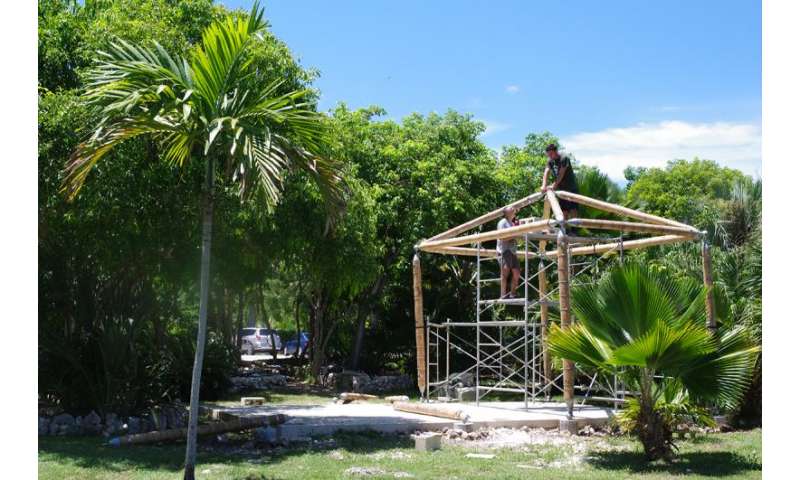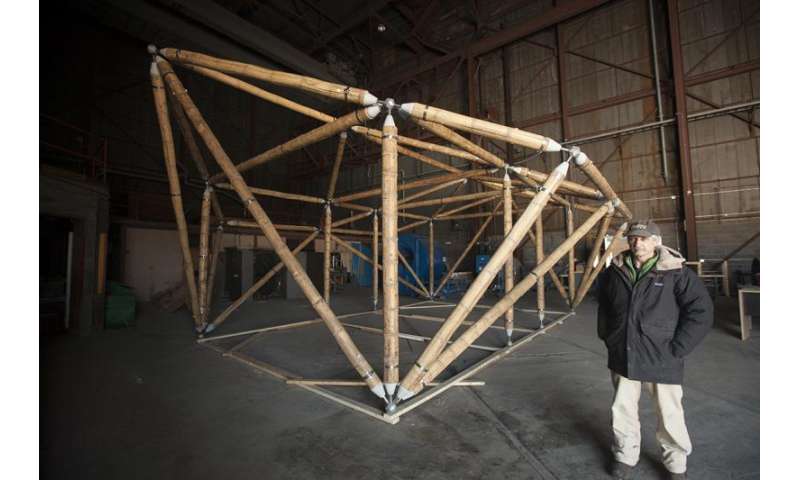In order to protect the earth’s environment and safeguard its own interests, China implemented a large-scale garbage classification and recycling policy since 2019. Taking Shanghai as an example, starting from July 1, 2019, they divided garbage into recyclable garbage, hazardous garbage, dry garbage and wet garbage. The government uses apps and QR codes to scan citizens’ garbage. Those who fail to sort will receive a corresponding amount of fine, in contrast, those who do well will receive a corresponding amount of bonus.
With relatively sound policies, recycling in Shanghai seems to be doing well. However, when I asked my friends at a college in Shanghai whether they would sort their rubbish according to the rules in college. The answer I got was, “We stopped sorting garbage a long time ago.”
In my mind, college students are always the first team to accept new knowledge and new things. Most young people today are much more environmentally conscious than other age groups. What is the reason to let everything rushed in front of the college students passive work? I’ll take a closer look.
In the investigation, I found that this college is not doing nothing. In the article on the campus public website provided by my friend, I found that this college has set up 8 recycling stations on the campus (as shown in figure 1). Each recycling station also has an intelligent self-service recycling machine (as shown in figure 2). These smart self-service recycling machines can help college students sort garbage, and college students can exchange their recyclables for money.
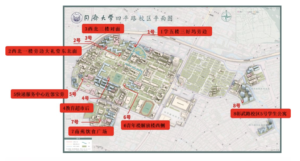 (figure 1)
(figure 1)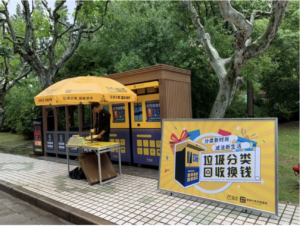 (figure 2)
(figure 2)
In the students’ dormitory, the school has set up the dry and wet garbage bins (as shown in figure 3), so that students can directly classify the garbage in the dormitory life. After the students have simply sorted the garbage in the dormitory, they then sorted the garbage and threw it into the garbage bin marked with recyclable garbage, hazardous garbage, dry garbage and wet garbage (as shown in figure 4). If the steps are so simple, why did the university’s students stop sorting garbage?
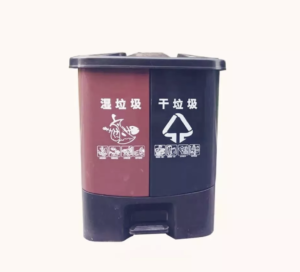 (figure 3)
(figure 3)
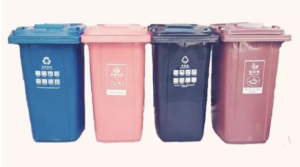 (figure 4)
(figure 4)
Through further chatting with my friend, I got the truth. In the eight garbage collection stations set up by the school, the garbage sorting is done very well. However, the classification of the four large trash cans that are most commonly used outside each dormitory building is not good. At first, the students and the faculty were serious about sorting the garbage. Later, they found that the university’s disposal of the garbage they had already sorted was very bad. This made them feel that even if they took the time to sort the garbage, it would end up mixed up when it was taken away by the garbage truck. Gradually, they are no longer active in garbage classification. My friend also emphasized that people are still unfamiliar with the classification of garbage, and dry garbage and wet garbage are often confused.
Overall, the implementation of Shanghai’s garbage classification policy has not been particularly successful. From this case, we can see that people’s lack of knowledge of garbage classification and the school’s lack of a unified recycling system lead to the slow failure of garbage classification. Therefore, I think the garbage classification policy in Shanghai is still not mature enough, and the Shanghai government should further change the garbage classification policy in view of this problem.
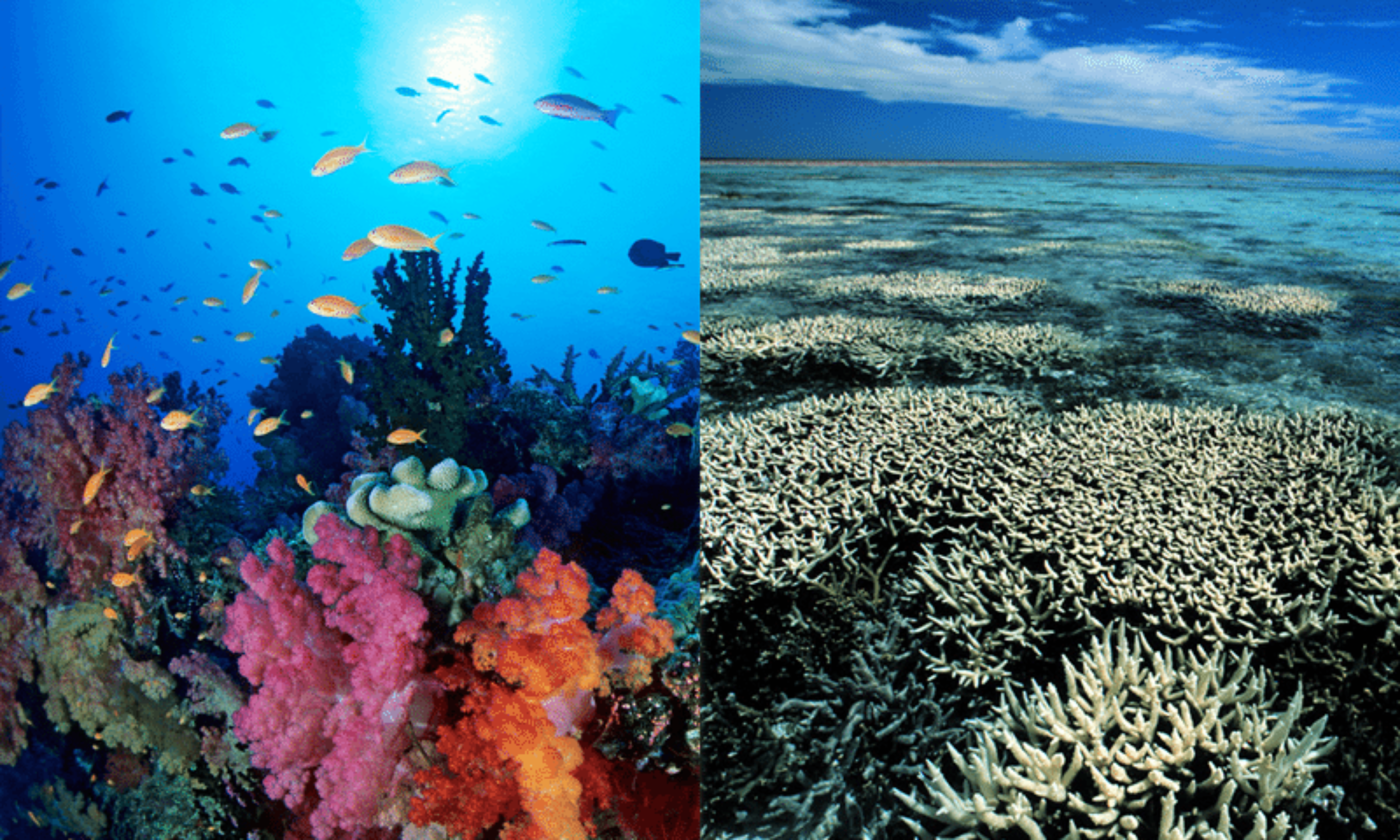
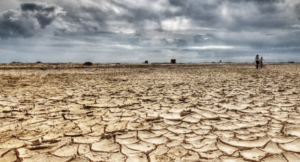
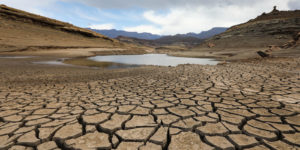


 (figure 3)
(figure 3) (figure 4)
(figure 4)